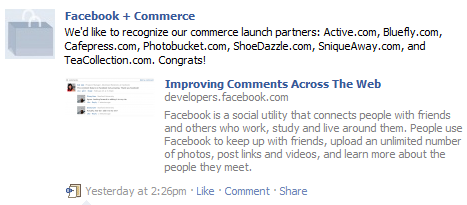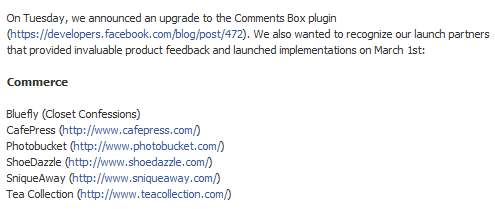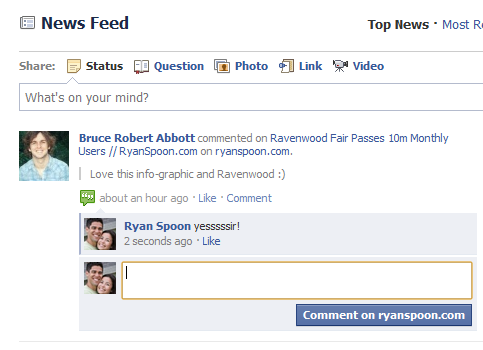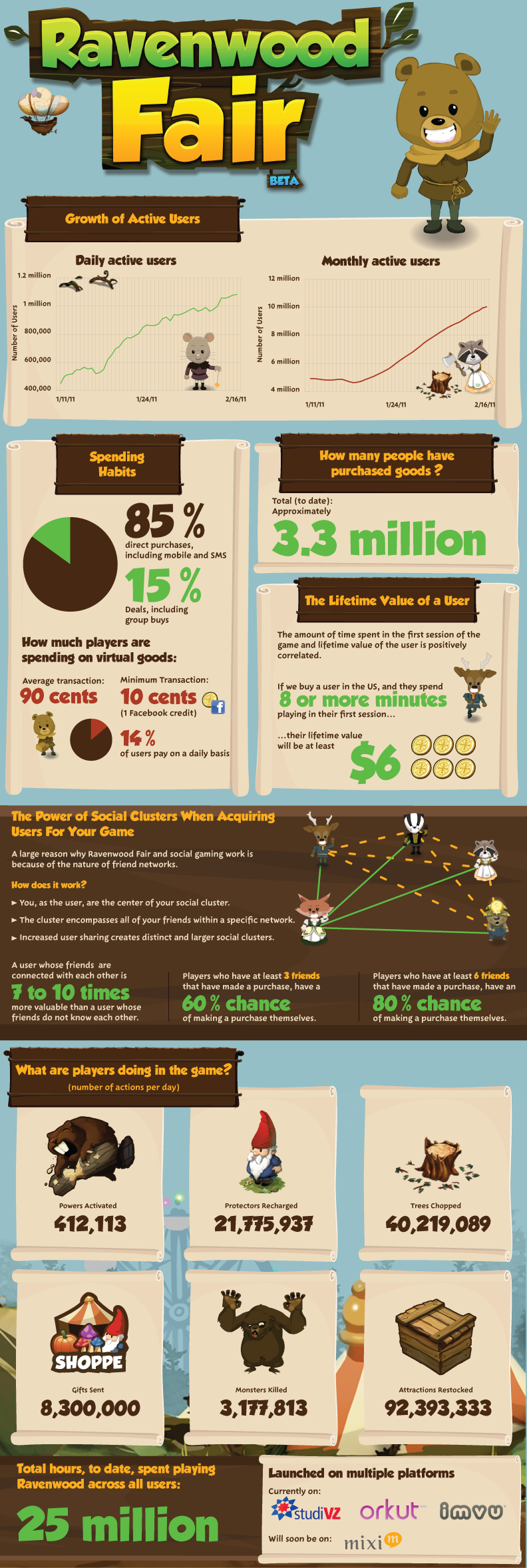I apologize for this not being a full blog post - but Twitter's 140 characters weren't enough. I need just a little more =)
Businessweek's recent article, Techdom's Talent Poaching Epidemic, is an important and under-discussed topic. Here is the quick takeaway and my short-hand comments:
"Despite the appeal of startups to some job seekers, new companies often must do lengthy hunts and sharply increase salaries to snare talent. Vitrue, an Atlanta company that does corporate marketing on Facebook and other social media, now pays starting salaries of up to $90,000 for engineers with one year of experience, compared with $70,000 six months ago. "
Why is this important?
- hiring is a problem for everyone... from newfound start-ups to the big boys (Google, Facebook, etc)
- as Google, Facebook and others compete for talent, they are driving up prices for start-ups (the above example is a ~30% increase in a 6 month period. And it's a company based in Atlanta.)
- and the big boys are putting big price tags on talent (new and retained) in part because there is an influx of early stage / seed capital (in other words, entrepreneurs have the option to pursue their own project and raise capital). And in part because it is hyper competitive.
- this in turn affects start-ups which struggle to compete with the paycheck of a bigger company and the ownership opportunities of founding a company. And while salaries and equity grants are rising, start-ups need to compete on different terms: upside, culture, ability to make an impact, etc.
There are other downstream effects of the tangled hiring issue. For instance, talent acquisitions have become relatively prominent strategies at larger companies (Zynga, Facebook, Twitter, etc).








